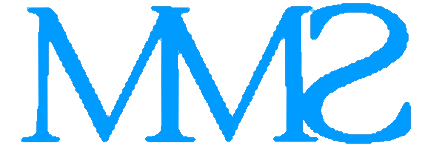Reading with Dyslexia
So now back to our story: I had been homeschooling for ten years with the goal to produce a child that was well-read. At this point, let’s stir in a dyslexia diagnosis!
Even with a dyslexia diagnosis, it was very important to me that my children possess enough reading and writing skills to enter the game, to pass the threshold. If I could do that, I just knew their brilliance would take over and all would be well. Each of my children and clients have completed or are currently engaged in the Megan McDonald Solutions Unlocking Dyslexia Reading and Spelling program to remediate their dyslexia. I never, ever hoped to dismiss their dyslexia, to “cure” their dyslexia, but rather, to celebrate it. In this vein, my kids, and most dyslexics, genuinely love a story; their imaginations are one of their gift sets. My children are provided audiobooks through Bookshare and Voice Dream Reader to yield our intended goals. Reading means taking in information from the printed page in whatever modality best suits the child. If my daughter, Eavan Marie, can “read” books with her ears on Bookshare at 8x the average speed, my only goal as her educator is to buoy her talent set. With dyslexia often comes exceptional auditory gifts and this technology allowed me to celebrate that talent set.
My students are assigned free reading from literature they enjoy--Encyclopedia Brown for Seamus, and Jane Austin for Eavan Marie. But they also have to complete assigned literature, which is of my choosing, and which they most assuredly don’t always love. Kieran Richard, my Notre Dame graduate in engineering, has read Little Women, and my Austen-lover Maggie has survived The Wild Trek. There are truly amazing books on books that I use to produce their literature assignments. These sources organize titles of books by age group or century or area of interest. If there is a fire in my home, and I only had time to take one material possession, it would without question be these bibliographies from which the assignments flow. The literature assignments aim toward producing a well-read twenty-year-old, looking back at me from my front door. My students read at least one book per week, their entire academic career. That makes a pretty fun Books Read List upon graduation!
So that is reading, but what about writing? Stay tuned! Next week we explore teaching a dyslexic student to write well! Yes, it absolutely can, and has been, done!!

